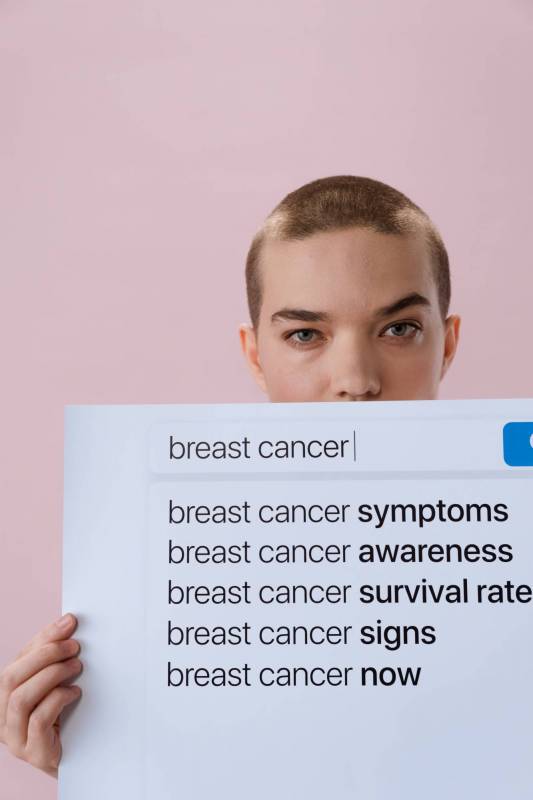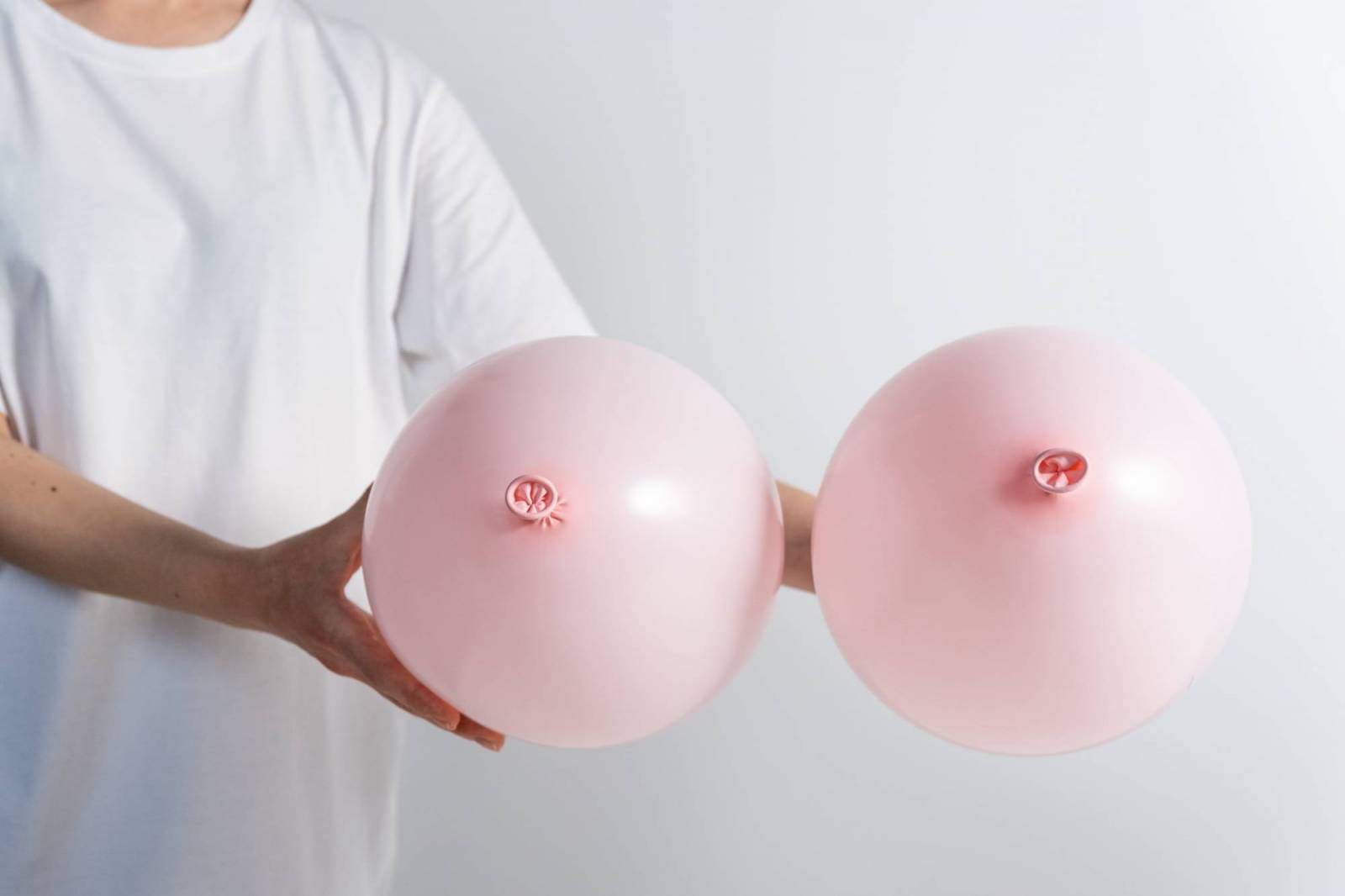I am 46, and I have been getting a yearly mammogram every year since I turned 40; six mammograms, and so far each one has been normal. Breast cancer doesn’t run in my family, but that doesn’t stop me from feeling apprehensive every time I have to step up to the machine, and it doesn’t keep me from worrying during the “manual examination” when I go in for a yearly checkup with my gynecologist. Cancer is scary; cancer that attacks your lady parts seems even more so. I can’t imagine what it would be like to watch my mother suffer through a losing breast cancer battle, but it happens, and for far too many women, it is their reality.

Photo by cottonbro studio
Academy Award-winning actress and director Angelina Jolie watched her mother, Marcheline Bertrand, fight ovarian cancer for ten years before she finally died at 56. Ms. Jolie (37) said that her doctors estimated that she had “an 87 percent risk of breast cancer and a 50 percent risk of ovarian cancer, although the risk is different in the case of each woman.” While “only a fraction of breast cancers result from an inherited gene mutation. Those with a defect in BRCA1 have a 65 percent risk of getting it, on average.”
Armed with that information, Ms. Jolie and her doctors decided the best course of action would be for her to undergo a double mastectomy; she completed the last of the associated medical procedures on April 27. She began a series of surgical procedures with a “nipple delay”, which increased her chances of being able to save her nipples; in the next surgery, her breast tissue was removed and replaced with temporary fillers. Now the last of her surgeries has been completed, and she has implants in each of her reconstructed breasts.
After going through the double mastectomies and reconstruction, Ms. Jolie says that her chances of breast cancer have dropped from 87% to 5%, which are definitely much better odds. In her New York Times opinion piece, Ms. Jolie mentions that the cost of testing for BRCA1 and BRCA2, the two genes that alter or mutate, resulting in increased risks of breast and ovarian cancers, is more than $3,000. She doesn’t say what her series of surgeries cost.
Ms. Jolie is not the only famous person to make this decision; Sharon Osborne, Kathy Bates, Christina Applegate, and others have done similar (some had cancer in one breast but opted to have both removed), and there are plenty of non-celebrities who have opted for double mastectomies for the similar reasons based on similar test results. My gut reaction when I first hear ‘double mastectomy’ is to wince.
Breasts are a deeply personal and cultural representation of womanhood, sensuality, and motherhood. The idea of having them removed based on a percentage of a chance that you might get cancer, albeit a higher than average one, seems overly alarmist.
But then, I get it. Watching someone you love die after battling it so valiantly for so long and knowing that you carry the same “faulty gene” would feel similar to carrying a ticking time bomb. Sure, there is a chance that you might live a long and happy life without ever getting the disease. But with odds at over 50%, if you had the means to prevent the disease almost entirely, why wouldn’t you?
So this brings up a question that I would like to ask those of you reading, male and female — since either sex can get breast cancer: If money was no object, and if you had a family history of breast cancer, would you pay the ~$3000 to get the genetic test that would tell you if you had BRCA1 and/or BRCA2?
And if that test came back positive, would you then go to such extreme lengths — possibly paying out-of-pocket for all of the required surgeries — to better your chances from getting cancer?
Read “My Medical Choice”, by Angelina Jolie at the New York Times
Read “Why More Women Are Choosing Double Mastectomies” at the CNN site
